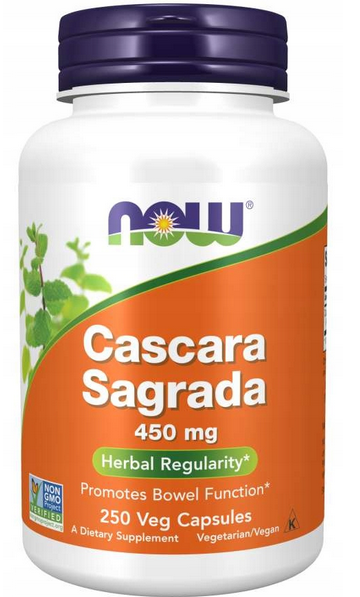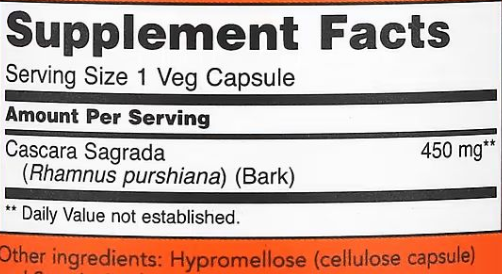Thanks @Mauritio!
Also
https://pmc.ncbi.nlm.nih.gov/articles/PMC4296439/
here is mounting evidence that tulsi can address physical, chemical, metabolic and psychological stress through a unique combination of pharmacological actions. Tulsi has been found to protect organs and tissues against chemical stress from industrial pollutants and heavy metals, and physical stress from prolonged physical exertion, ischemia, physical restraint and exposure to cold and excessive noise. Tulsi has also been shown to counter metabolic stress through normalization of blood glucose, blood pressure and lipid levels, and psychological stress through positive effects on memory and cognitive function and through its anxiolytic and anti-depressant properties. Tulsi's broad-spectrum antimicrobial activity, which includes activity against a range of human and animal pathogens, suggests it can be used as a hand sanitizer, mouthwash and water purifier as well as in animal rearing, wound healing, the preservation of food stuffs and herbal raw materials and traveler's health.
https://examine.com/supplements/tulsi/
Tulsi (also known as Ocimum sanctum or holy basil) is an aromatic plant in the mint family (Lamiaceae) native to India and Southeast Asia.[5] It is rich in various bioactive phytochemicals, including rosmarinic acid, apigenin, ursolic acid, caffeic acid, ferulic acid, and eugenol.
[...]
The anti-inflammatory effects are thought to be due to the inhibition of the cyclooxygenase (COX)
BTW COX is also inhibited by Aspirin...



